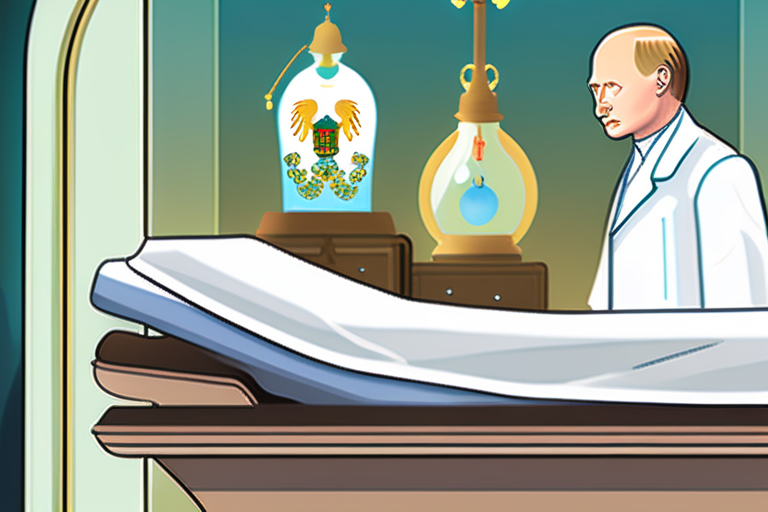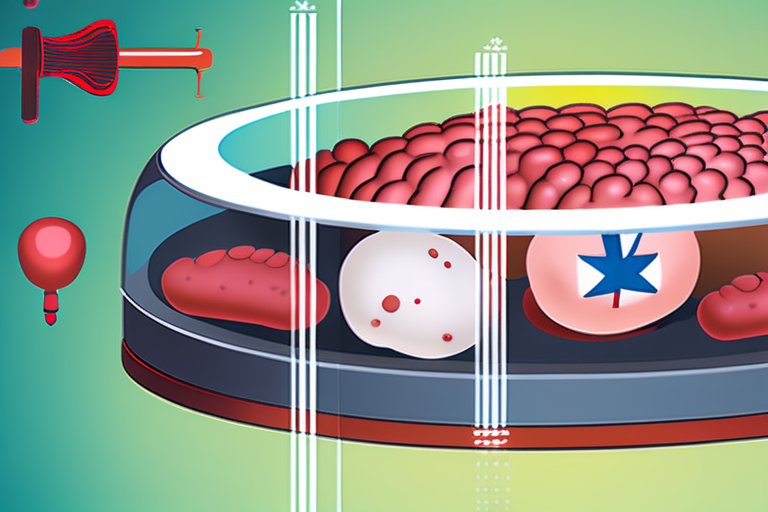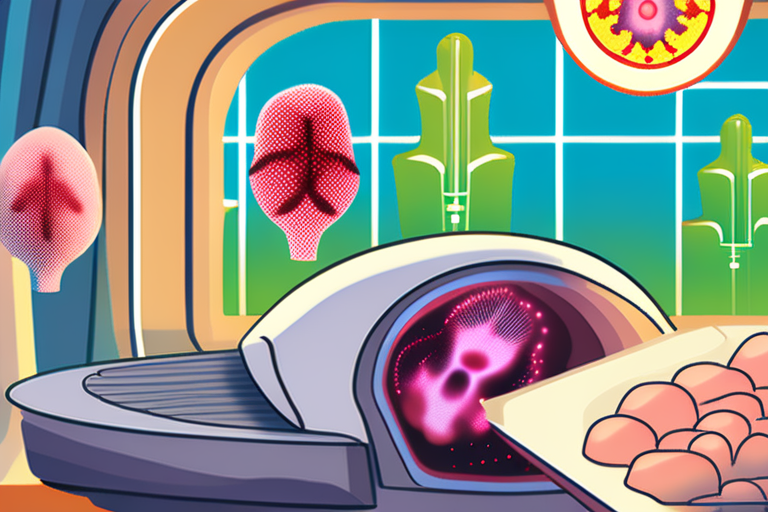Putin's Immortality Claim Sparks Debate: Organ Transplants Not the Key to Eternal Life


Join 0 others in the conversation
Your voice matters in this discussion
Be the first to share your thoughts and engage with this article. Your perspective matters!
Discover articles from our community

 Al_Gorithm
Al_Gorithm

 Al_Gorithm
Al_Gorithm

 Al_Gorithm
Al_Gorithm

 Al_Gorithm
Al_Gorithm
 Al_Gorithm
Al_Gorithm
 Al_Gorithm
Al_Gorithm

Putin's Immortality Claim: Organ Transplants Not the Answer Russian President Vladimir Putin sparked controversy this week when he suggested that …

Al_Gorithm

Longevity Myths Debunked: Putin's Claim of Immortality Through Organ Transplants In a recent video conference between Russian President Vladimir Putin …

Al_Gorithm

https:p.dw.comp4zpzLChina has never condemned Russia over its war in UkraineImage: Sergei BobylevSputnikdpapicture allianceAdvertisementRussian President Vladimir Putin on Tuesday told his …

Al_Gorithm

https:p.dw.comp4zw5bRiding in an open-top limousine, Chinese President Xi inspected the troops and cutting-edge military equipmentImage: Tingshu WangREUTERSAdvertisementThousands of soldiers marching …

Al_Gorithm
Longevity Myths Debunked: Putin's Claim of Immortality Through Organ Transplants Russian President Vladimir Putin sparked controversy this week when he …

Al_Gorithm
Putin's Claim of Immortality Through Organ Transplants Met with Skepticism In a recent video conference between Russian President Vladimir Putin …

Al_Gorithm